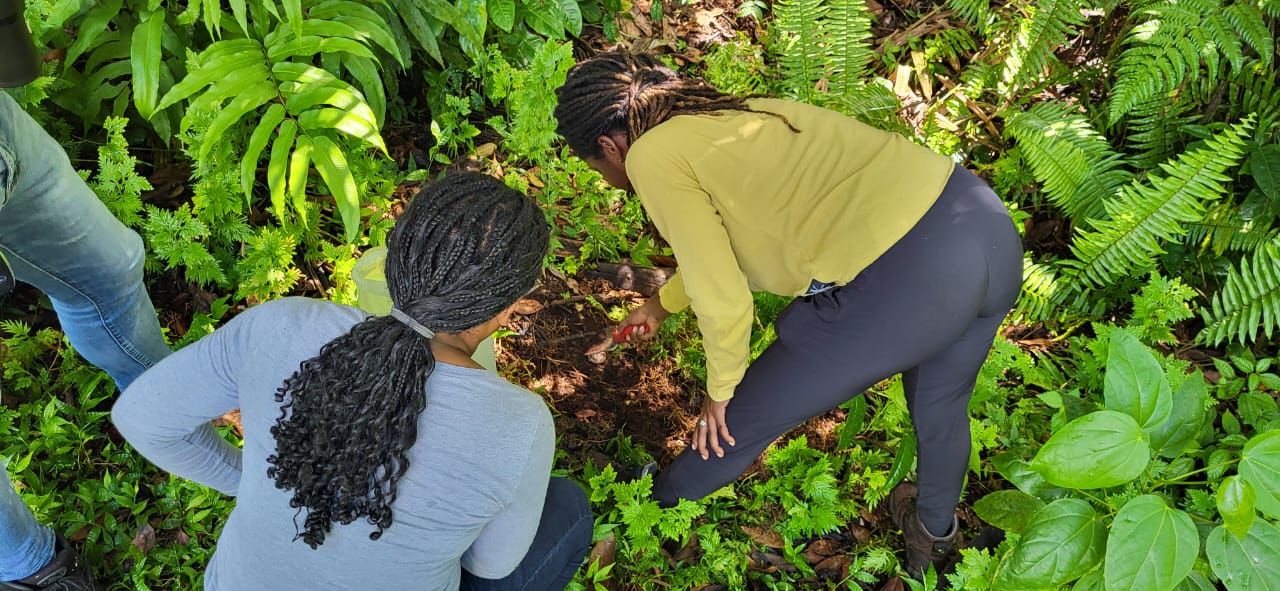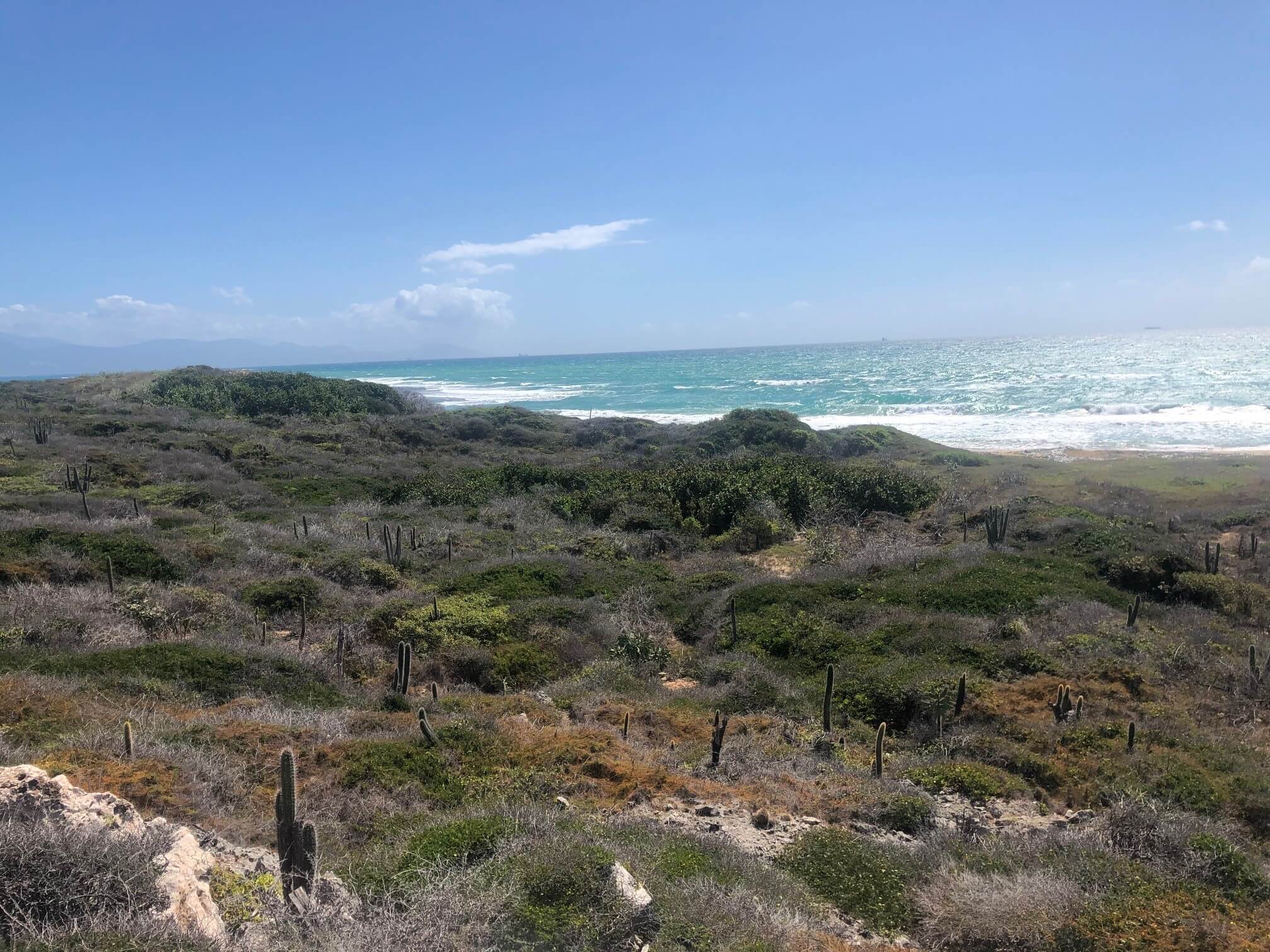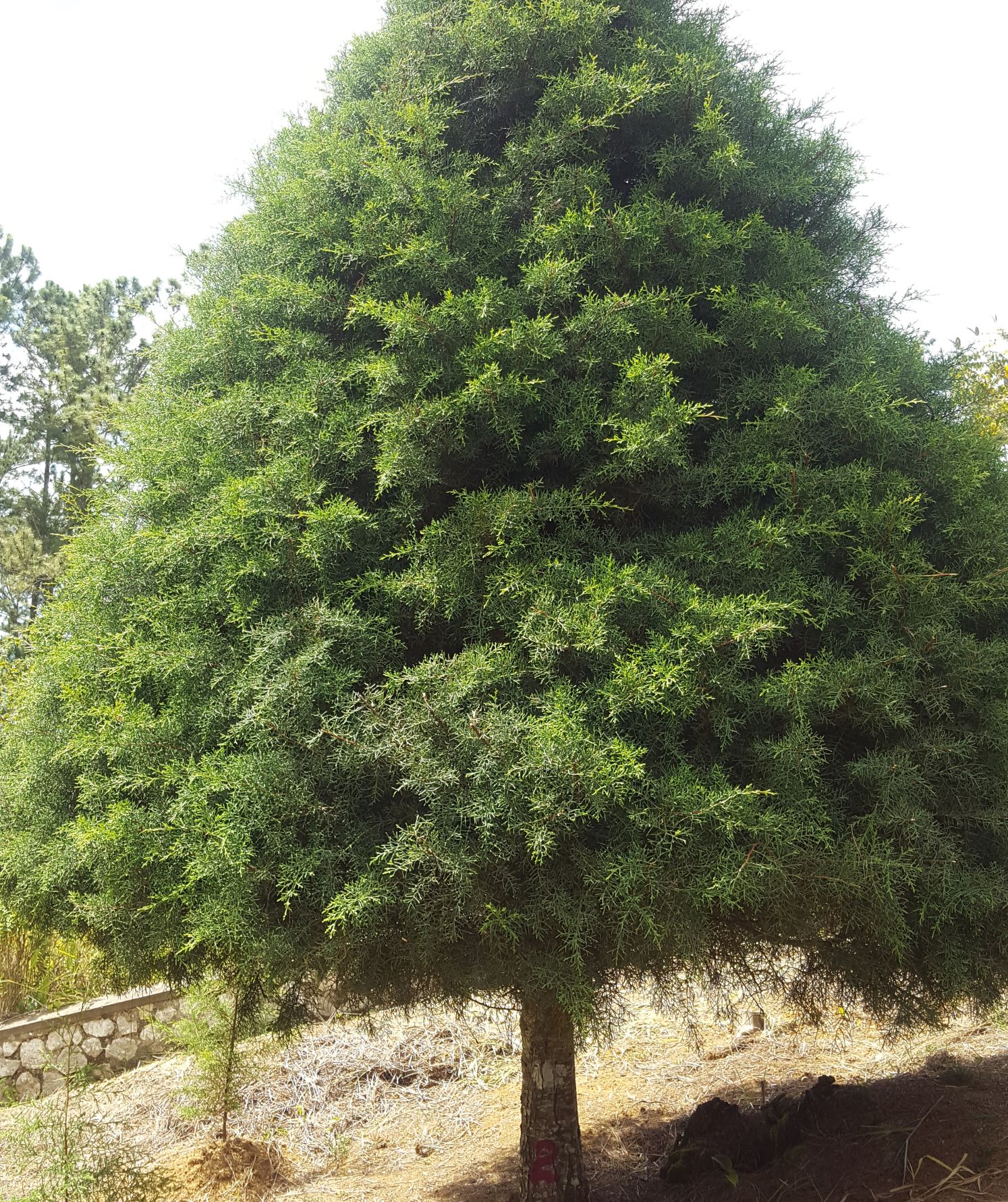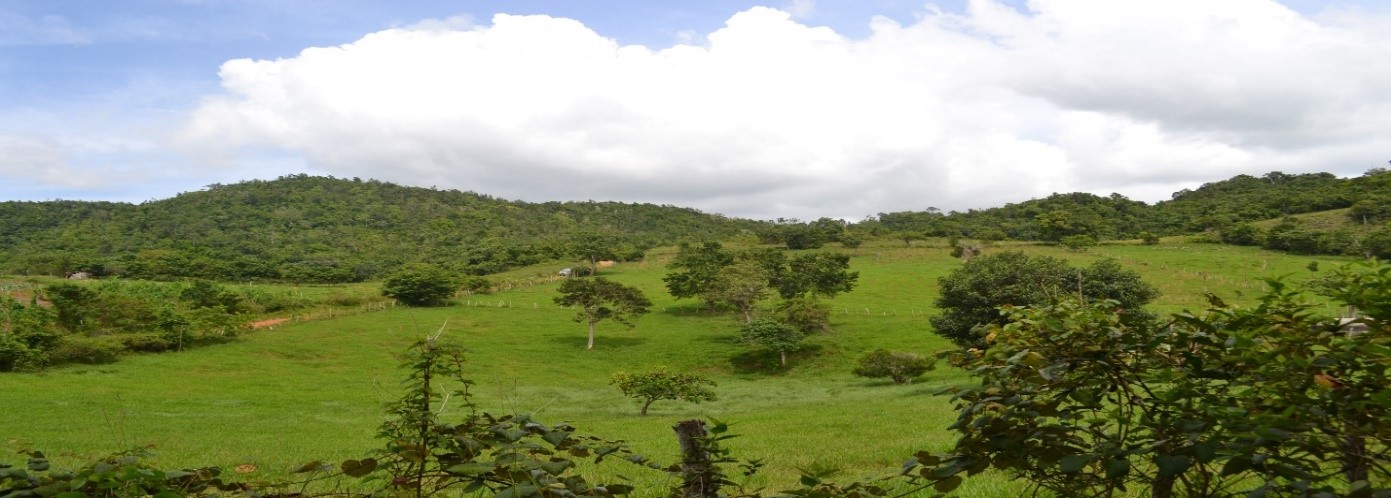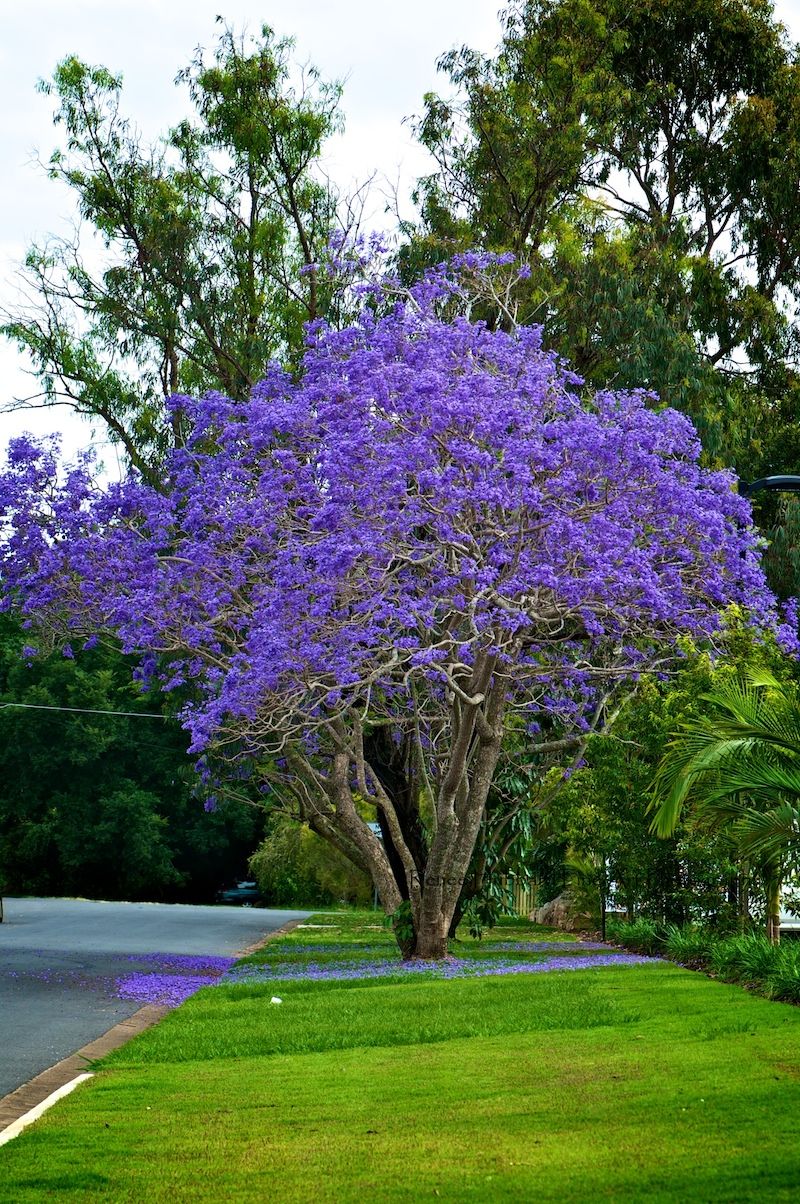Latest Blog
Author: Adrian Watson, Technical Officer for REDD+ and Climate Change
What is REDD+?
REDD+ (Reducing Emissions from Deforestation and Forest Degradation) is a groundbreaking framework established under the United Nations Framework Convention on Climate Change (UNFCCC). Its primary goal– to guide activities in the forest sector that reduce carbon dioxide emissions from deforestation and forest degradation in developing countries. At its core, REDD+ encompasses five main activities:
- Reducing emissions from deforestation
- Reducing emissions from forest degradation
- Conservation of forest carbon stocks
- Sustainable management of forests
- Enhancement of forest carbon stocks
The REDD+ framework is built on three key pillars:
- Stakeholder engagement and capacity building
- National REDD+ strategy development
- Implementation framework and monitoring systems
To ensure REDD+ activities benefit both people and the environment, the Cancun Safeguards were established at COP16 in 2010. These seven principles include consistency with national forest programs, transparent governance, respect for indigenous rights, full stakeholder participation, biodiversity conservation, and measures to address risks and displacement of emissions.
Jamaica's REDD+ Programme
Jamaica has embraced the REDD+ framework with enthusiasm, making significant strides in 2024. The country's approach focuses on integrating REDD+ principles into existing forestry practices while developing new strategies for sustainable forest management.
Forest Science and Technology Services Field Operations
The Forestry Department of Jamaica has been actively engaged in field activities that contribute to the country's REDD+ readiness and implementation. In 2024, the department conducted extensive reforestation efforts, planting 95.78 hectares of denuded lands across multiple parishes. This activity directly supports the REDD+ goal of enhancing forest carbon stocks. The department also maintained 405.36 hectares of existing plantations through weeding and maintained 52 km of fire lines and 110.24 km of roads and trails. These maintenance activities contribute to the sustainable management of forests, another key component of REDD+.To support forest monitoring, a critical aspect of REDD+, the department employed GPS technology to verify and establish forest estate boundaries. In 2024, eight forest estates underwent boundary verification exercises. This work enhances the accuracy of forest data and improves the department's ability to monitor forest resources effectively. Additionally, the department initiated a new Land Use and Land Cover Change Assessment (LULCA) using satellite imagery and GIS technology. This assessment, scheduled for completion in March 2024, will provide crucial data on changes in forest cover and land use, enabling the department to monitor deforestation trends and inform reforestation efforts - all essential elements of REDD+ implementation.
Key Accomplishments in 2024
- Strategic Planning: Jamaica updated its REDD+ Project Proposal and Budget, drafted a REDD+ Strategies Action Plan, and completed a 5-Year REDD+ Road Map and Action Plan.
- Technical Advancements: The country developed Terms of Reference for the National Forest Reference Emission Level (NFREL) and Forest Quality Index (FQI), which includes elements of a Forest Degradation Index (FDI).
- Community Engagement: A Strategic Community Action Plan for the eastern region was created, and various community activities, including REDD+ sensitization and beekeeping training, were conducted.
- Integration with Existing Practices: REDD+ principles were successfully integrated into Forest Management Plans (FMPs).
- Innovative Programming: Jamaica developed a proposal for the Integrated Forestry Programme for Biodiversity Conservation and Forestry as a Business. This comprehensive program includes genetic conservation, advanced nursery techniques, sustainable timber and non-timber forest products development, community economic development, and innovative forest monitoring technologies. The Forestry Department is actively seeking funding, resources, and partnerships to implement this ambitious initiative, exploring various avenues to access international climate finance mechanisms in partnership with regional climate organizations
- International Collaboration: The country participated in key international workshops, including the Blue Economy Workshop and NDC Partnership Workshops.
- Methodology Development: Significant progress was made in developing a methodology for measuring forest quality stock in Jamaica.
These accomplishments demonstrate Jamaica's commitment to all three pillars of REDD+, with a particular emphasis on stakeholder engagement, strategy development, and establishing a robust implementation framework. As Jamaica continues its REDD+ journey, the focus remains on balancing forest conservation with sustainable development, empowering local communities, and contributing to global climate change mitigation efforts. The progress made in 2024 sets a strong foundation for future success in protecting Jamaica's vital forest resources while promoting economic growth and community well-being.

